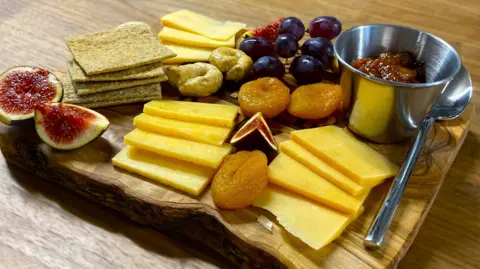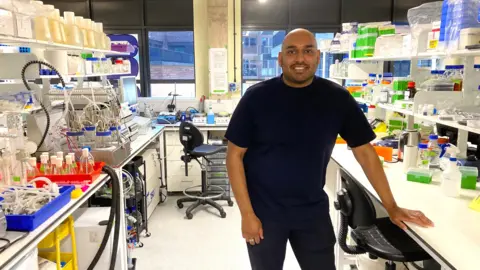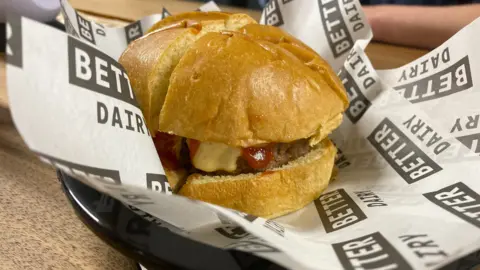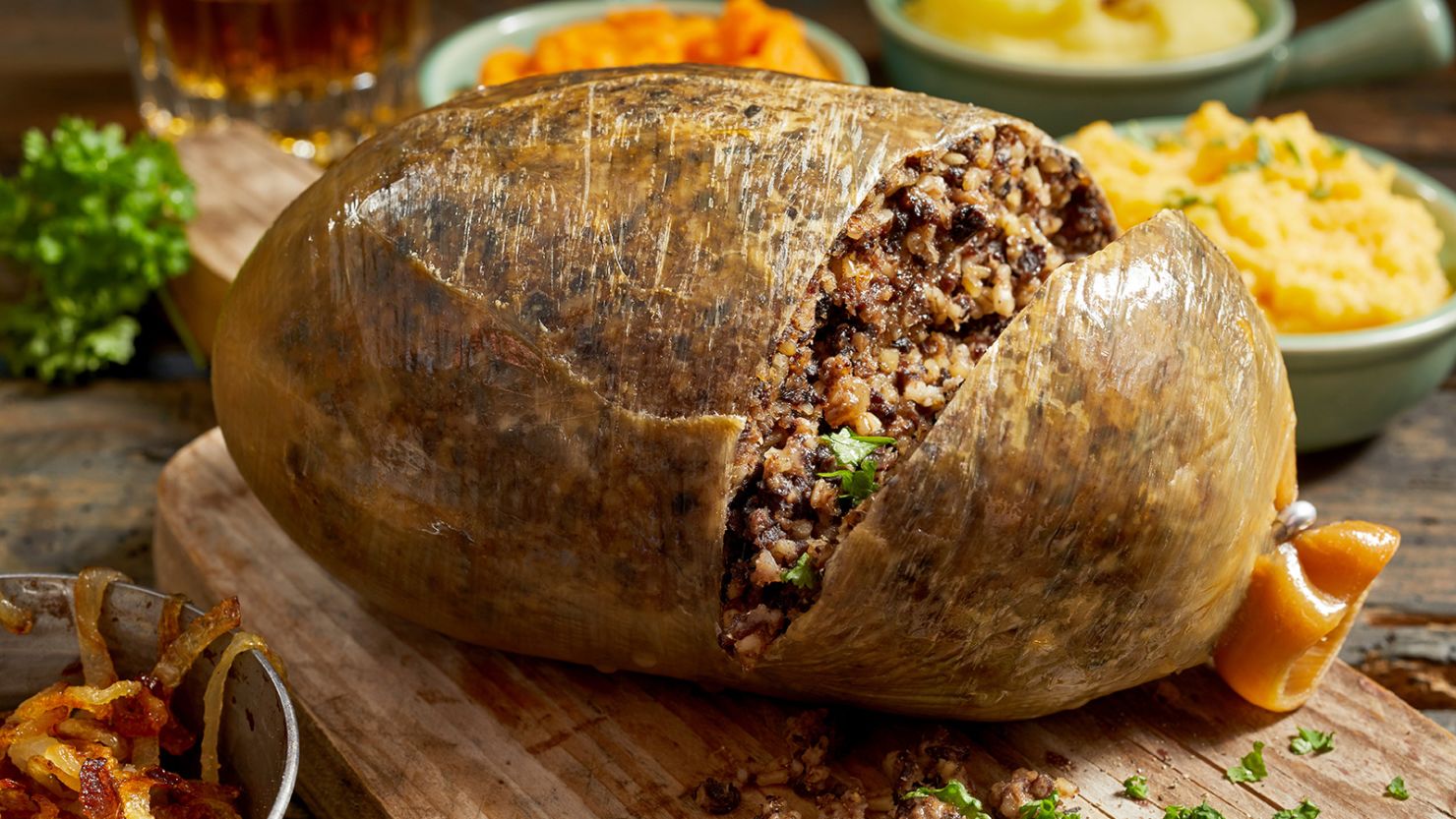The Future of Cheese: Lab-Grown Innovations Challenge Traditional Tastes
The Future of Cheese: Lab-Grown Innovations Challenge Traditional Tastes
In an unassuming building in east London, a British start-up called Better Dairy is pioneering a new frontier in food production: cheese that has never encountered a cow. This innovative company, alongside a growing number of global enterprises, is on the cusp of bringing lab-grown cheese to consumers, promising a taste indistinguishable from its traditional dairy counterpart.

This technological leap comes at a time when the plant-based food market is experiencing a significant shift. Recent data from the Agriculture and Horticulture Development Board (AHDB) indicates a notable decline in plant-based cheese sales, with a 25.6% drop in the first quarter of 2025. Conversely, sales of traditional cow’s cheese have seen a modest increase of 3%. Analysts suggest that the relatively small and slightly shrinking vegan population, estimated at around 1-3% of the UK, may contribute to this trend. However, The Vegan Society maintains that the meat-free food market remains robust and competitive.
Despite these market fluctuations, the companies championing lab-grown cheese are forging ahead. In the Netherlands, “Those Vegan Cowboys” is gearing up for a US launch later this year, with a European debut anticipated in three to four years, pending regulatory approvals for their “novel food” products. The company’s CEO, Hille van der Kaa, is optimistic, targeting a “silent revolution” by introducing these cheeses into everyday, less scrutinized food items, such as frozen pizzas. “If you buy frozen pizza, you don’t really think of what kind of cheese is on that,” she explains. “So it’s quite easy to swap.”

Similarly, French firm Standing Ovation plans to launch in the US next year, with the UK and Europe to follow in 2027. Back in London, Better Dairy, led by CEO Jevan Nagarajah, is also aiming for a launch in three to four years, prioritizing the reduction of costs to make their cheese competitive with supermarket offerings.
Consumer concerns regarding health and price are significant hurdles. A recent government survey highlighted that consumers are most worried about the cost of food, closely followed by concerns about products being ultra-processed. Plant-based cheeses often fall into this category and tend to be more expensive than traditional dairy cheese. These are challenges that the lab-grown sector must address to gain widespread acceptance.

The process behind creating this novel cheese involves genetically modifying yeast to produce casein, the primary protein in milk, rather than alcohol. This technique, similar to that used in producing insulin, ensures the fundamental building blocks of dairy cheese are present. Once casein is produced through precision fermentation, it is combined with plant-based fats and other milk components to mimic the traditional cheesemaking process. Better Dairy, for instance, is focusing on cheddar, identifying hard cheeses as an area with the greatest potential for improvement over existing vegan alternatives.
Early taste tests suggest promising results. Better Dairy’s aged cheddars have been described as remarkably close to the real thing, with good melting qualities on a burger, although some noted slight rubberiness in younger versions and a saltier profile in older batches. The company acknowledges that refinement is ongoing, with plans to collaborate with artisanal cheesemakers to further enhance taste and texture.

A key challenge lies in replicating the complex flavor profiles derived from dairy fats, an area where companies are optimizing plant-derived alternatives to avoid the “off-flavors” often associated with nut or coconut-based ingredients. While companies like Those Vegan Cowboys focus on easily replaceable cheeses, Standing Ovation is developing capabilities for a wider range, including camembert.
The path to market is fraught with challenges, including consumer perception and the lingering issue of ultra-processed foods. While critics point to a significant portion of vegan cheese buyers not repurchasing, potentially due to taste, proponents argue that lab-grown cheese offers health benefits like the absence of lactose and cholesterol. They also counter that all food production is a form of processing and that precision fermentation could potentially reduce the ultra-processed elements found in current vegan options.

The debate also touches on consumer perceptions of “naturalness.” Hille van der Kaa notes that dairy farming, despite its romanticized image, is highly industrialized. She believes there’s a crucial task ahead to educate the public about modern food production methods, including those used in creating lab-grown cheese.
Industry bodies like Dairy UK remain cautiously observant, suggesting that lab-grown products may not disrupt the existing market but will need to prove their value in terms of consumer perception and price point. As these innovations mature, the question remains: will consumers embrace cheese born from a lab, or will traditional dairy reign supreme?


Post Comment